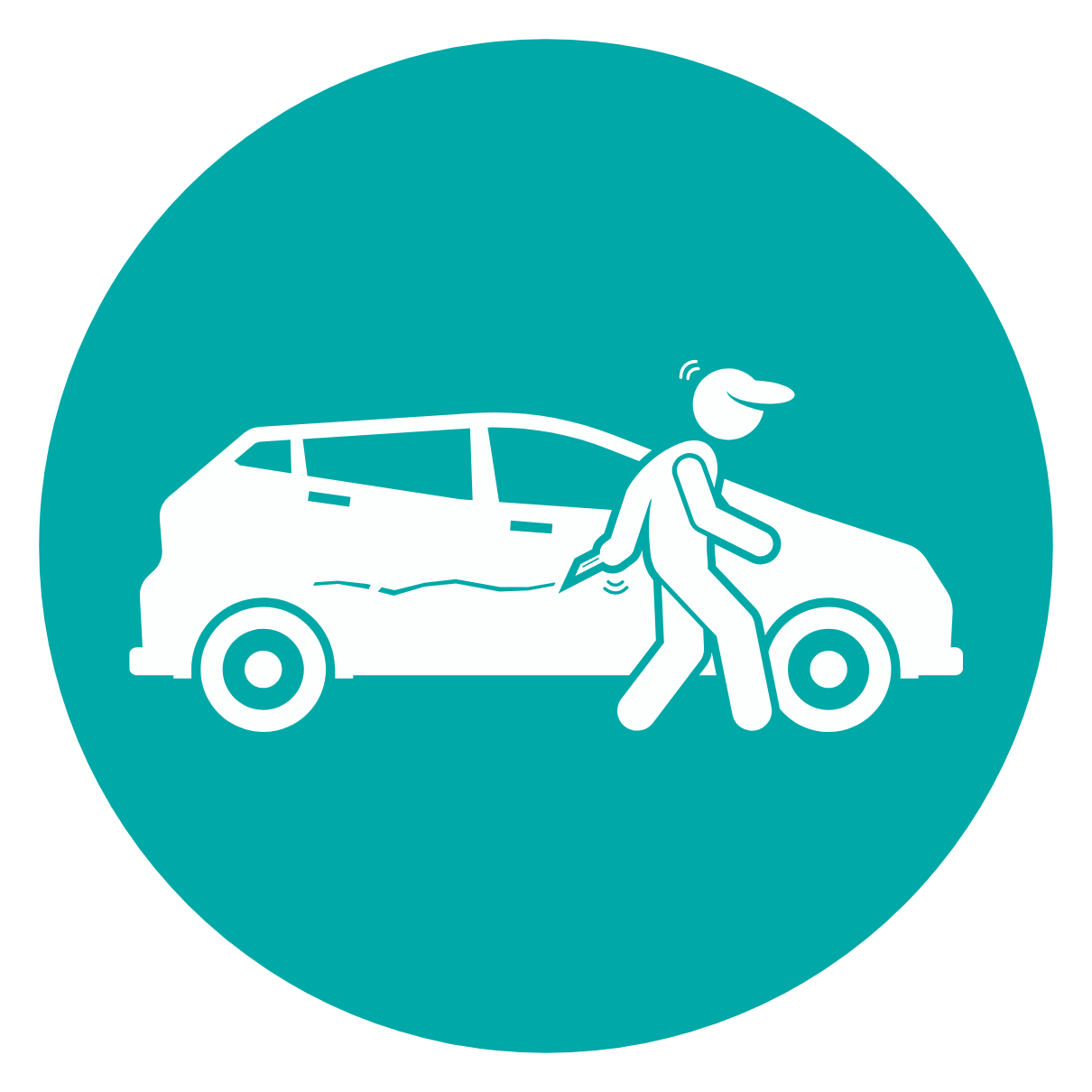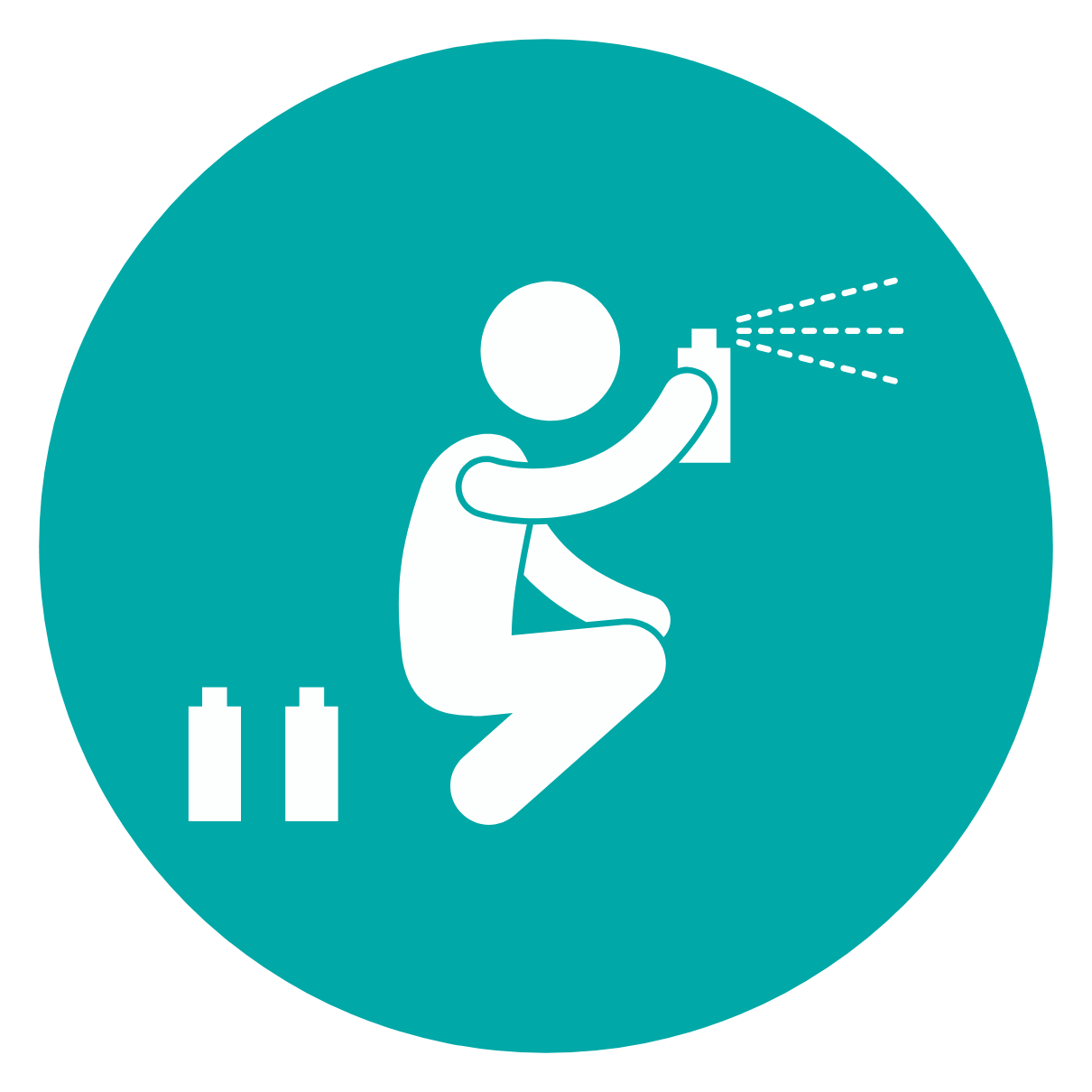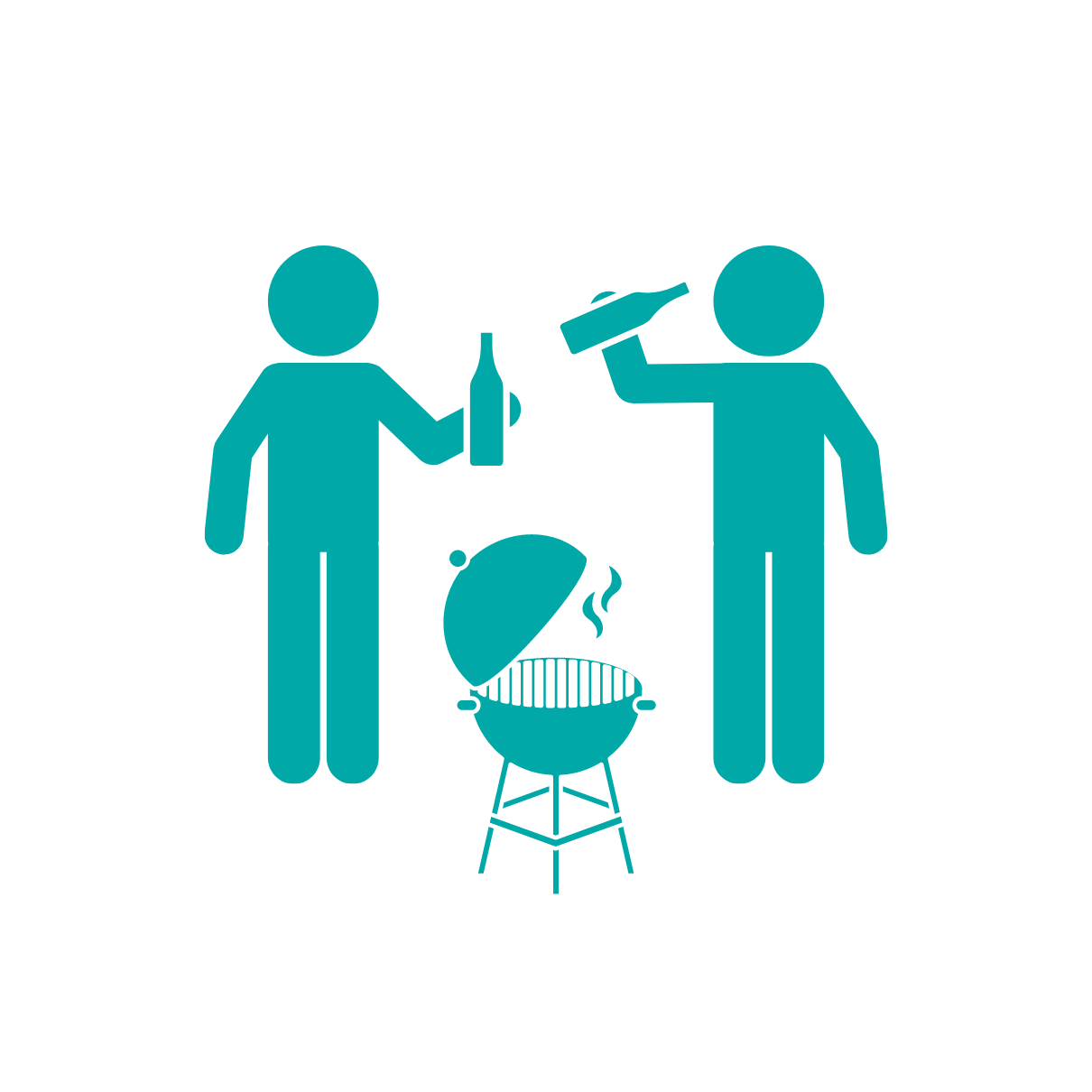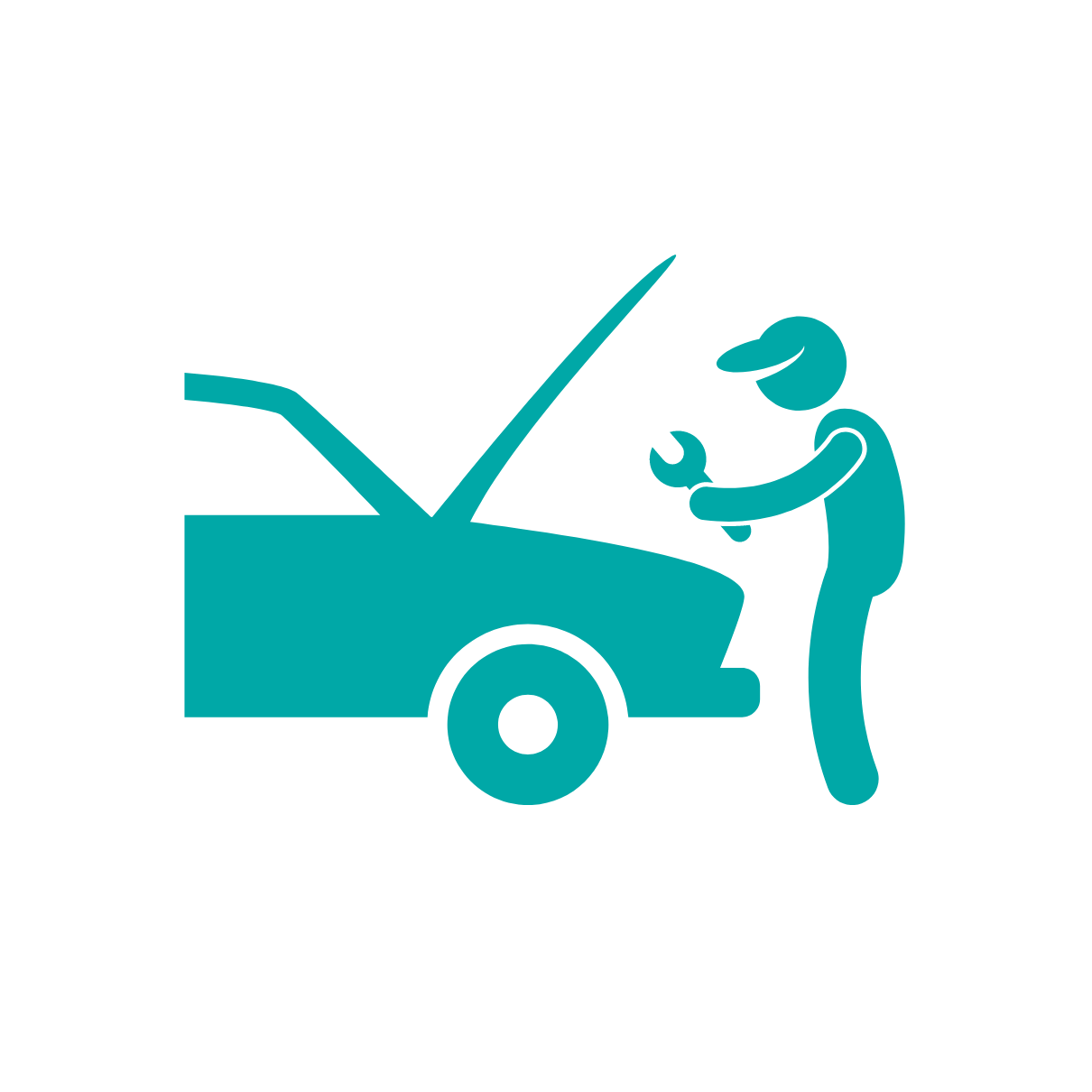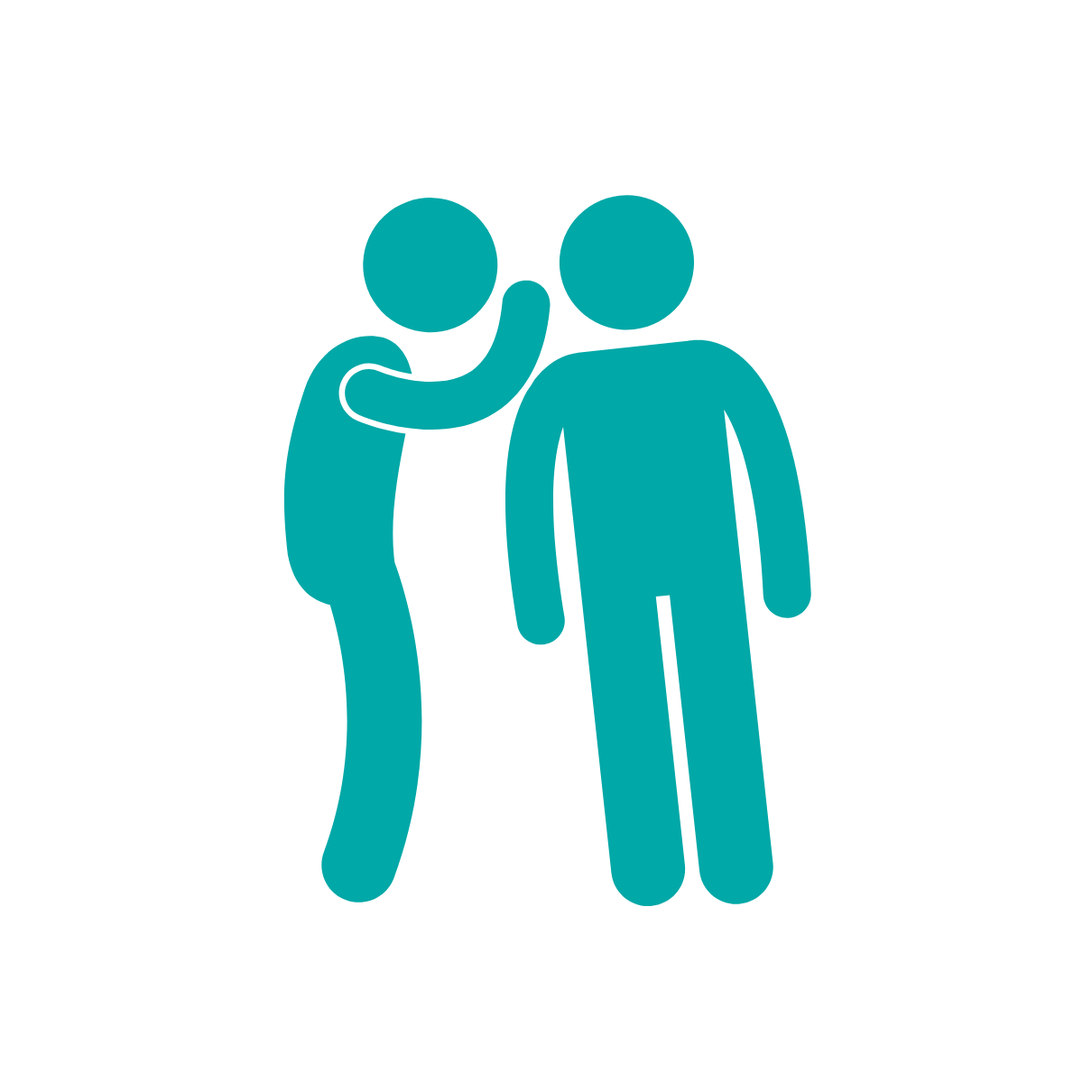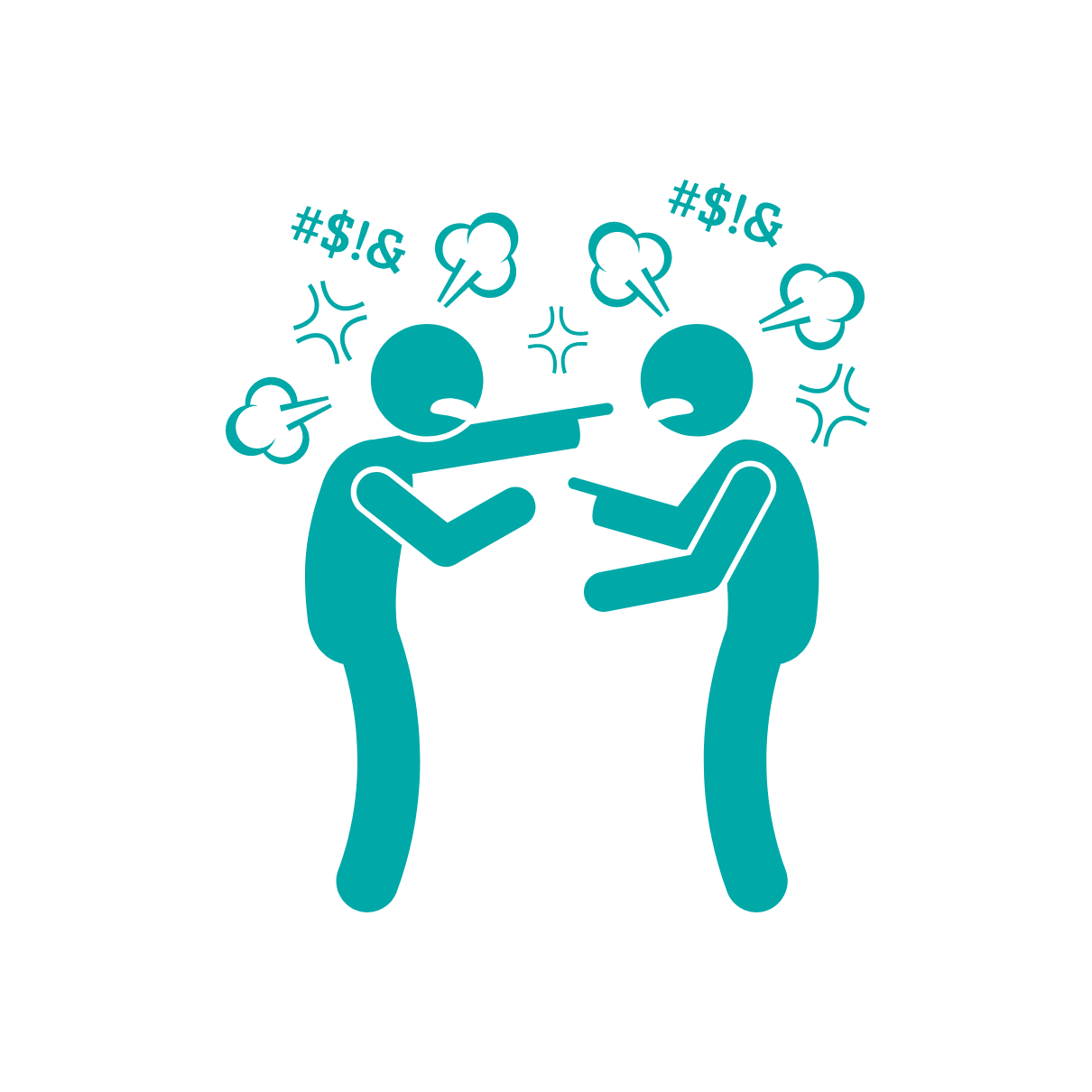Anti-social behaviour (ASB) can have a negative impact on your daily life and well-being. It includes actions such as noise, abusive behaviour, littering, or illegal drug use. If you’re experiencing ASB in your neighbourhood, it’s important to know where to turn for help.
Who Can Help?
Different organisations, including the police, local authorities, and us as your housing provider, each have different roles and responsibilities when it comes to dealing with ASB. We understand that it can be confusing to know who to contact, so we’re here to make things clearer.
This guide explains who you can contact based on the situation you’re facing. We encourage you to reach out to us if you’re experiencing ASB – we can work together to find the best solution and create a plan to address the issue.
What is Anti-Social Behaviour (ASB)?
ASB covers a range of behaviours that cause distress or harm to others, and whether something is considered ASB depends on how it affects the people around it. The more frequent or persistent the behaviour, the more likely it is to be treated as ASB.
Organisations like landlords, the police, and local authorities all consider the impact on individuals and the community when deciding how to address ASB reports.
We also have specific policies in place for dealing with domestic abuse. If you’re experiencing domestic abuse, please get in touch with us directly, as there are separate legal protections in place for this type of behaviour.

